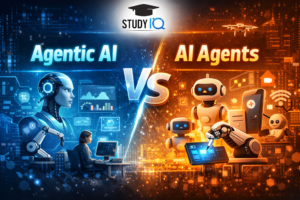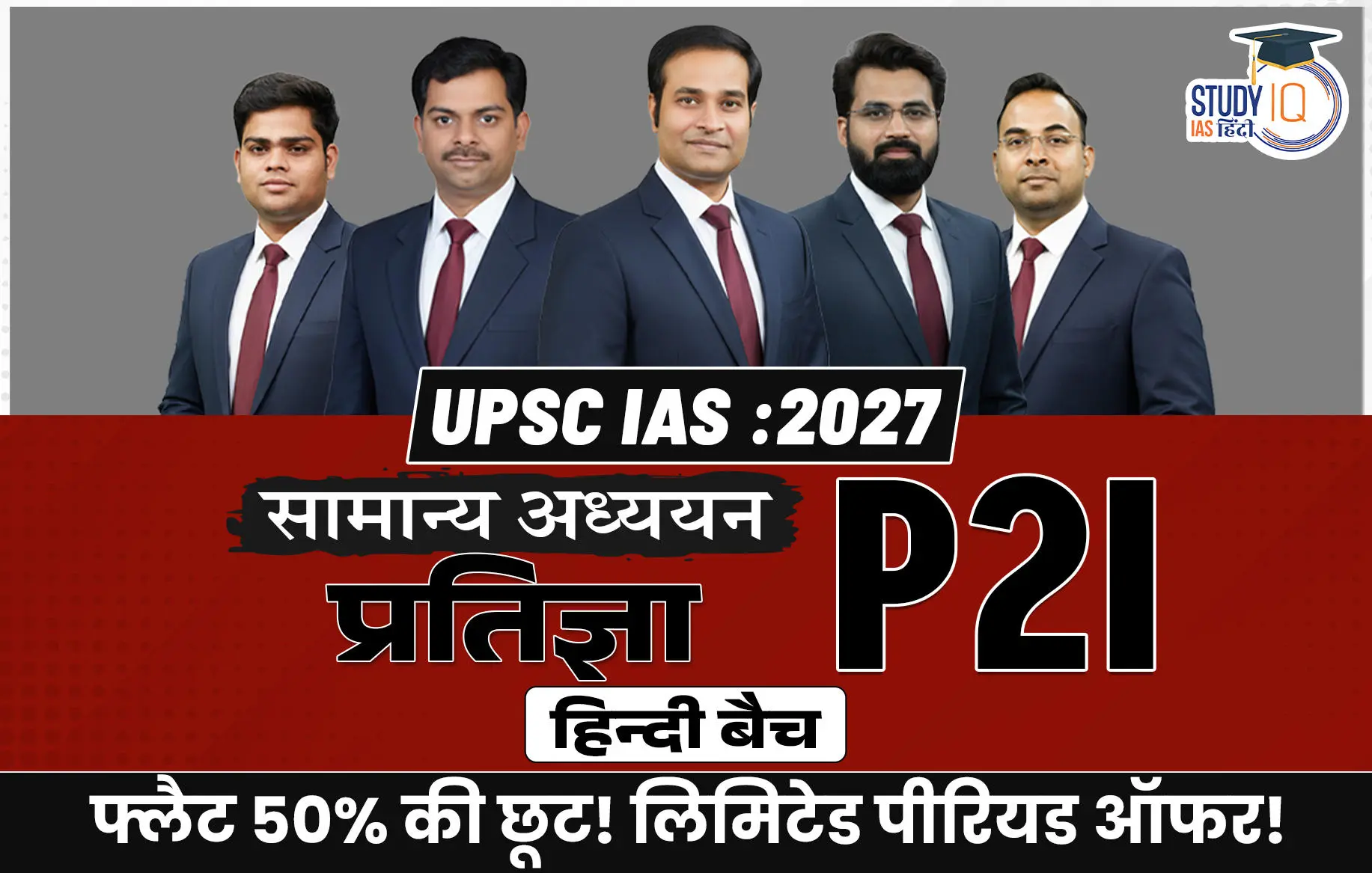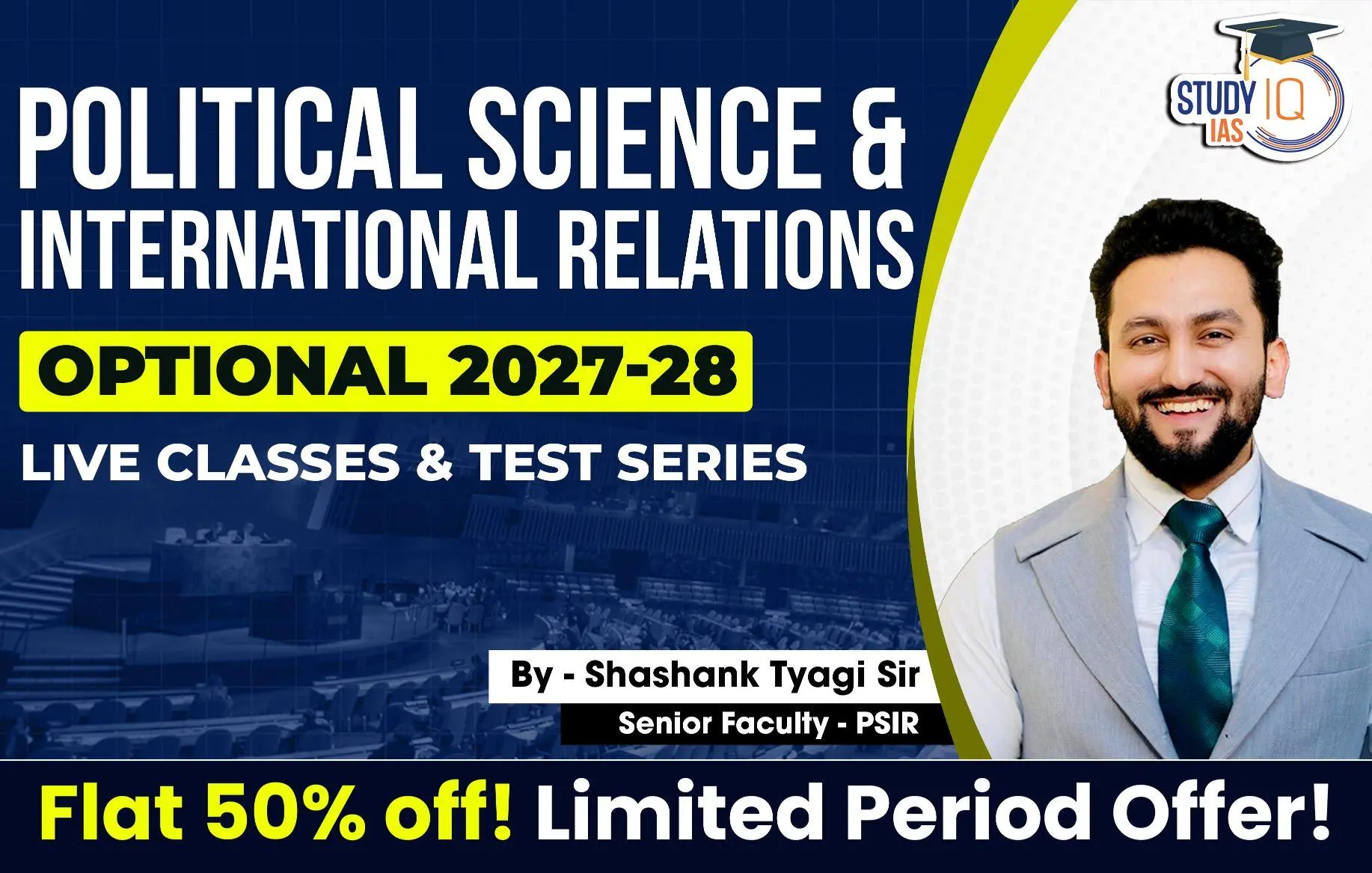Table of Contents
As artificial intelligence explodes, one question is dominating courts from Delhi to California: Who owns your face, voice, and mannerisms in the age of deepfakes?
In the last 12 months alone, Indian courts have handed down landmark rulings protecting the personality rights of Amitabh Bachchan, Anil Kapoor, Jackie Shroff, Aishwarya Rai, Abhishek Bachchan, Karan Johar, Nagarjuna, Sri Sri Ravi Shankar — and now, on 28 November 2025, Ajay Devgn.
The Delhi High Court’s latest order against deepfakes and unauthorised AI use of Ajay Devgn’s likeness is not an isolated case. It is part of a global legal earthquake reshaping the entertainment industry.
What Are Personality Rights?
Personality rights (also known as publicity rights in the US) give individuals — especially celebrities — control over the commercial use of their:
- Name
- Photograph
- Voice
- Signature
- Likeness
- Mannerisms and distinctive traits
In India, these rights are protected under:
- Article 21 of the Constitution (right to privacy & dignity)
- Common law (passing off)
- Section 38 of the Copyright Act (performer’s rights)
Unlike copyright, personality rights do not expire during the celebrity’s lifetime and, in many Indian judgments, extend post-mortem as well.
2025: The Year Indian Courts Drew a Red Line on AI
Major Indian Personality Rights Wins (2024–2025)
| Celebrity | Court | Key Outcome |
|---|---|---|
| Amitabh Bachchan | Delhi HC (2022, reaffirmed 2024) | First major Indian case; banned unauthorised use of voice & image |
| Anil Kapoor | Delhi HC (2023) | Protected “jhakaas” catchphrase and distinctive style |
| Jackie Shroff | Delhi HC (2024) | “Bhidu” trademarked; banned AI voice clones & merchandise |
| Ajay Devgn | Delhi HC (28 Nov 2025) | Interim ban on deepfakes, obscene AI content, unauthorised merchandise |
| Aishwarya & Abhishek | Delhi HC (2025) | Joint protection against morphed images |
| Karan Johar | Delhi HC (2025) | Safeguarded name, image, and signature style |
Justice Pratibha M. Singh, Justice Amit Bansal, and Justice Manmeet Pritam Singh Arora have consistently held that AI-generated content showing celebrities in compromising or false situations violates their personality rights and dignity.
Global Parallels: From Scarlett Johansson to the ELVIS Act
India is not alone.
- May 2024: Scarlett Johansson forces OpenAI to remove the “Sky” voice resembling her role in Her.
- March 2024: Tennessee becomes the first US state to enact the ELVIS Act — explicitly banning unauthorised AI replication of voice and likeness.
- 2025: California, New York, Texas, and Illinois strengthen post-mortem publicity rights (70–100 years).
- EU AI Act (2024–2027 rollout): Deepfakes classified as high-risk; biometric data needs explicit consent under GDPR.
Why 2025 Is a Turning Point
- Courts are treating AI deepfakes as a new form of defamation + privacy violation.
- Interim injunctions are now granted within days (Ajay Devgn’s order came the same week he approached court).
- Judges are mandating that celebrities first complain to YouTube/Google, but are still granting ex-parte relief when content is obscene or clearly infringing.
- Merchandise (caps, t-shirts, stickers) using celebrity images without licence is being treated as direct infringement.
What This Means for the Industry
- Bollywood contracts now include mandatory “Digital Replica” and “AI Consent” clauses.
- Production houses are paying separate fees for AI training rights.
- Deepfake detection startups and content-authenticity tools (C2PA, Adobe Content Credentials) are seeing huge demand.
- Platforms like YouTube and Instagram face increasing court pressure to remove violating content within 24–48 hours.
The Future: Federal Laws on the Horizon
In the US, the NO FAKES Act (2024–2025) aims to create a nationwide federal digital replica right. In India, legal experts predict a dedicated “Personality Rights Act” or amendments to the Copyright Act within the next 2–3 years.
Bottom Line in 2025
If you are a celebrity in India right now, your personality rights are stronger than ever — especially against AI misuse. Courts are acting fast, and the message is clear: your face and voice are not public property, even in the age of generative AI.


 US–Israel Attack on Iran 2026: Khamene...
US–Israel Attack on Iran 2026: Khamene...
 Agentic AI vs AI Agents: Meaning, Differ...
Agentic AI vs AI Agents: Meaning, Differ...
 Prahaar Missile System: Range, Features ...
Prahaar Missile System: Range, Features ...




















